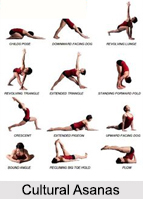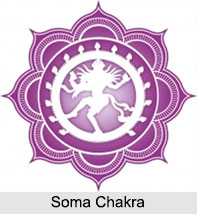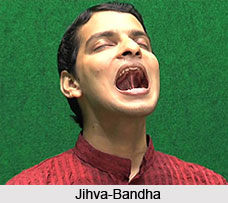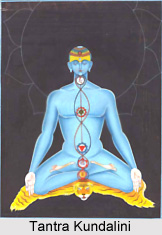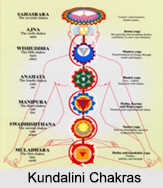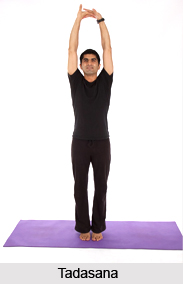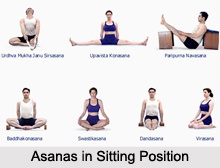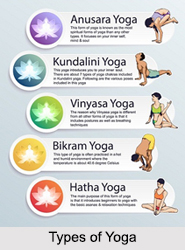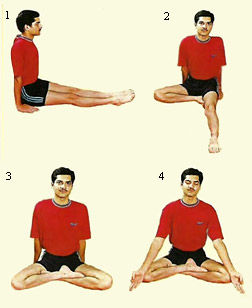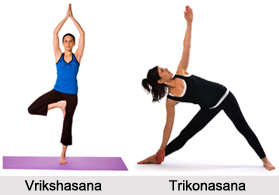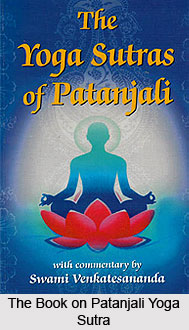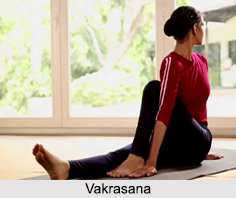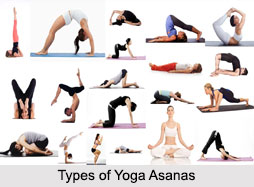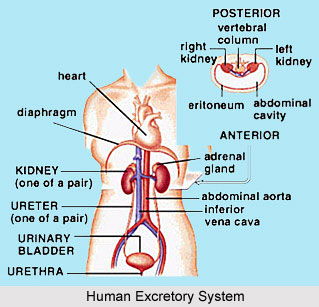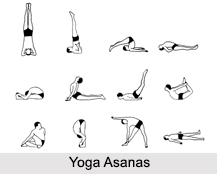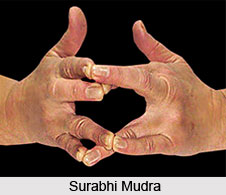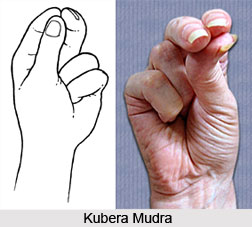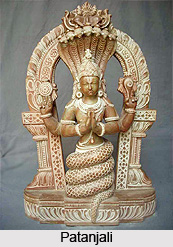 The anitya asuci duhkha anatmasu nitya suci sukha alma khyatih avidya yogic sutra tries to delineate the drawbacks of avidya - mistaking the transitory for the ever lasting, and all the other negative effects that are generally mistaken by a common man everyday. However, in spite of all these negations, if one still is unsuccessful in re-evaluating their shortcomings, these turn into a habit. Through the method of trial and error if a sadhaka can settle down doubts, he or she will attain pure wisdom.
The anitya asuci duhkha anatmasu nitya suci sukha alma khyatih avidya yogic sutra tries to delineate the drawbacks of avidya - mistaking the transitory for the ever lasting, and all the other negative effects that are generally mistaken by a common man everyday. However, in spite of all these negations, if one still is unsuccessful in re-evaluating their shortcomings, these turn into a habit. Through the method of trial and error if a sadhaka can settle down doubts, he or she will attain pure wisdom.
anitya not eternal, impermanent
asuci impure
duhkha sorrow, grief, distress, pain
anatmasu not spiritual, corporeal, something different from the soul
nitya eternal, everlasting, constant
suci pure
sukha joy, pleasure
atma soul
khyatth opinion, view, idea, assertion
avidya ignorance, nescience
Mistaking the transient for the permanent, the impure for the pure, pain for pleasure, and that which is not the self for the self - all this is termed lack of spiritual knowledge, avidya.
It is but ordinary that one will make mistakes. But when, through want of understanding, one fails to reappraise or reflect, error turns a habit. As the processes of thought and action have existed from the beginning of civilization, so has trial and error been used in the quest for knowledge. But when all doubts have been settled in the pursuit of sadhana, the discriminative power of intelligence comes to an end and pure wisdom alone resides, where perception and action are concurrent. Experimental and experiential knowledge correspond. Objective knowledge and subjective knowledge become one. This is pure vidya- the highest knowledge.

